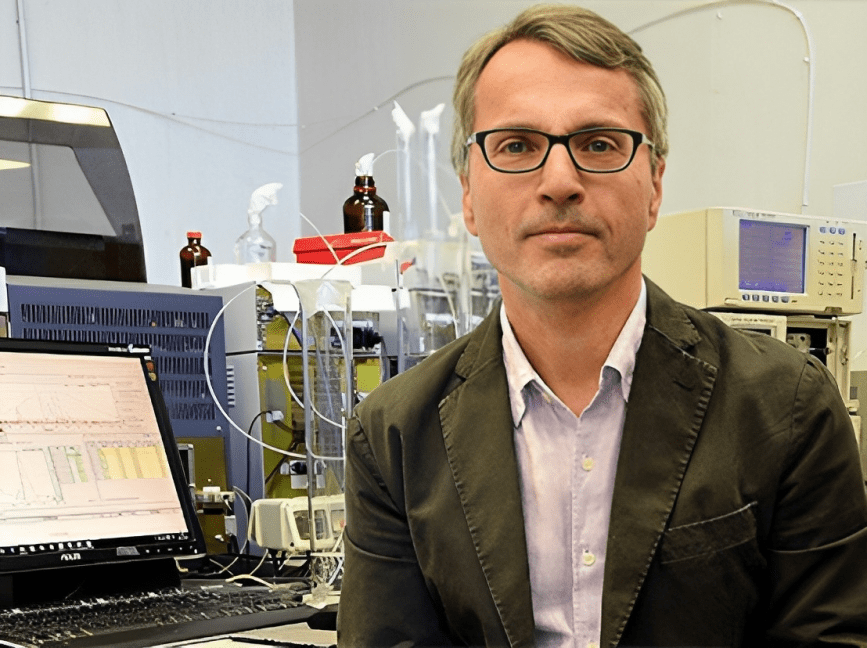Decoding metabolic health: The impact of diet and the gut microbiome
Researchers from the Joint International Research Unit for Chemical and Biomolecular Research on the Microbiome and its Impact on Metabolic Health and Nutrition (JIRU) explored how gut bacteria and diet influence the endocannabinoid system (ECS). Their studies showed that changes in the intestinal microbiota and health-associated molecules can occur within three days after a dietary adjustment. This demonstrates the rapid and beneficial impact of healthy eating at the molecular level, offering a promising avenue for clinical research and innovative treatments for metabolic disorders.
The team also uncovered a new molecular pathway involved in regulating energy homeostasis—the balance between energy intake and expenditure. This pathway reveals that hypothalamic feeding mechanisms—neural circuits and biochemical processes within the hypothalamus that regulate hunger, satiety, and energy balance—are modulated by an endocannabinoid-derived signal called 2-AGP, which adapts to shifts in nutritional status. This discovery opens the door to targeted therapies for obesity and related metabolic conditions.
In regions like the Arctic, where communities are experiencing dietary changes, metabolic health issues—such as obesity and high blood pressure—are becoming more prevalent. These conditions impair the body's ability to regulate energy and process nutrients efficiently. Moreover, the unique environmental and socioeconomic challenges faced by Arctic communities, including food insecurity and limited access to fresh food, further exacerbate these metabolic disruptions. Understanding how diet influences molecular pathways like those identified by the JIRU team could pave the way for targeted interventions to improve metabolic health in these vulnerable populations.
ECS: A key regulator of metabolic health and balance
The ECS is a vital system that serves as a regulator of the body, maintaining balance in several essential functions, including metabolism, appetite, mood, stress responses, and overall homeostasis. The JIRU aims to develop dietary interventions that could predict and prevent these disorders, offering new hope for better health outcomes. By integrating traditional approaches with cutting-edge research on the microbiome and ECS, the team is making significant strides in understanding metabolic health. Their findings are paving the way for practical strategies against obesity and its associated complications.

“The study of the microbiome and the endocannabinoidome system requires a broad and versatile knowledge in many fields. Sentinel North has enabled us to explore a the interface of disciplines, resulting in promising breakthroughs for improving metabolic health and, at the same time, counteracting some of the affective disorders that often accompany obesity and other conditions.“
- Vincenzo Di Marzo, Canada Excellence Research Chair on the Microbiome-Endocannabinoid Axis in Metabolic Health, Université Laval
